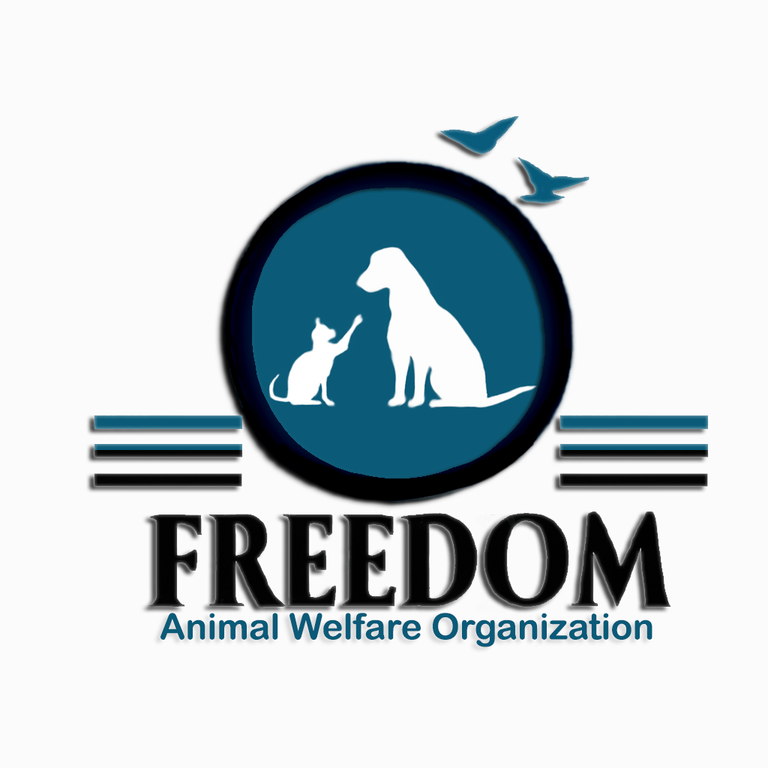Making a difference in our Community
Welcome to Freedom-NPO Inc.
At Freedom, we believe in creating a world where compassion and sustainability drive change. As a pioneering nonprofit organization, we operate within a groundbreaking 4th Sector Model, blending entrepreneurial innovation with the heart of public service. Our mission is to raise funds and deliver essential services that uplift our communities and protect our planet.
Pet Food Manufacturing: Nourishing Pets, Supporting Communities
Our pet food initiative is designed to produce high-quality, affordable pet nutrition while generating funds to support animal welfare programs. With a commitment to sustainability and ethical practices, every purchase contributes to spaying, neutering, and adoption services. By choosing Freedom Pet Food, you're giving pets a healthier life and creating a kinder future.
The Sanctuary: A Safe Haven for All Animals
Our no-kill sanctuary provides a loving home for animals in need. From abandoned pets to farm animals, we offer shelter, care, and rehabilitation. The sanctuary also serves as a center for education and engagement, inspiring communities to join the movement for humane treatment and sustainable living.
Join us on our journey to make a lasting impact. Together, we can turn compassion into action and build a better future for all.

Sanctuary Residents

Maxine
Maxine is a true survivor and the definition of resilience. This courageous feline showed up one day, battered and weary, seeking help and kindness. She had been shot twice but somehow managed to keep going, all while carrying a litter of kittens. Her instinct to protect her unborn babies and her unwavering will to live touched the hearts of everyone who met her.

Lucky Lucy
Lucky Lucy is a little cat with a big heart and an incredible story. She appeared out of nowhere, thin and starving, with a quiet plea for help in her eyes. Despite her struggles, Lucy’s gentle spirit and trust in humans never wavered. Lucy’s story reminds us that even in the darkest moments, a bit of kindness can transform a life. She truly lives up to her name, as lucky as she is lovable.

Greyson
Greyson is the calm and curious heart of his family, one of Maxine’s resilient kittens who grew up surrounded by love and determination. With his soft gray coat and soulful eyes, he has a quiet charm that draws everyone in. Greyson is thoughtful and observant, often watching the world from a cozy perch. He loves exploring at his own pace, and curling up in the sun.

Foxy Lady
Foxy Lady is the perfect blend of sass and sweetness, inherited straight from her resilient mama, Maxine. As one of Maxine’s kittens, she came into the world under challenging circumstances but quickly proved she’s every bit as strong and spirited as her mom. With her sleek coat, playful energy, and a hint of mischief in her eyes, Foxy Lady is a natural charmer. She loves chasing after toys, exploring new corners of her home, and curling up for snuggles when she’s ready for a break from her adventures.

Orange Julius
Orange Julius is a spirited adventurer with a knack for getting into—and out of—sticky situations. His journey to safety began on a high school baseball field, where his cries for help were heard after he became tangled in a practice net. This bright orange tabby quickly charmed his rescuers with his bold personality and playful antics. Despite his ordeal, Orange Julius bounced back with resilience and a zest for life. Now, he spends his days chasing sunbeams, batting at toys, and soaking up all the love he can get.

Mr. Pickles
Mr. Pickles is the mischievous little jester of Maxine’s litter, always ready to entertain with his playful antics and boundless energy. As one of Maxine’s kittens, he inherited her resilience and zest for life, but he’s also carved out a unique identity as the clown of the bunch. With his expressive face and quirky personality, He reminds us that a good laugh and a playful spirit can brighten even the darkest days. He’s proof that joy often comes in the smallest, furriest packages.
A Partnership for Change
Did you know?
Freedom also supports organizing direct, indirect, advocacy and research-based services to benefit our community.
Help us make a change
We need your consent to load the translations
We use a third-party service to translate the website content that may collect data about your activity. Please review the details in the privacy policy and accept the service to view the translations.